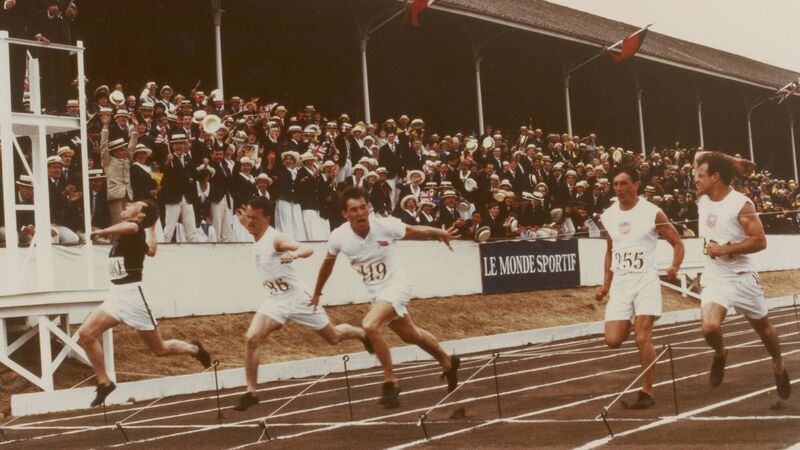Cathal Dennehy: Chariots of Fire proof that film is never just a film

NEVER JUST A FILM: Actor Ben Cross in a scene from the film ‘Chariots of Fire’ in 1981. Below: A magazine poster for the film. Picture: Stanley Bielecki Movie Collection/Getty Images
A film is never just a film. And from the moment it was released, it was clear 'Chariots of Fire' would be so much more. Most deem it the best Olympic movie of all time, detailing the stories of British sprinters Eric Liddell and Harold Abrahams’ victories at the 1924 Games in Paris.
One hundred years to the day of Liddell’s 400m win, and 44 years on from the film’s release, producer David Puttnam has the stories to show it. Over the years he’s received “half a dozen letters, at least” from those who told him the movie was the reason they didn’t kill themselves. “What it did was reassure them,” says Puttnam, now 83.











